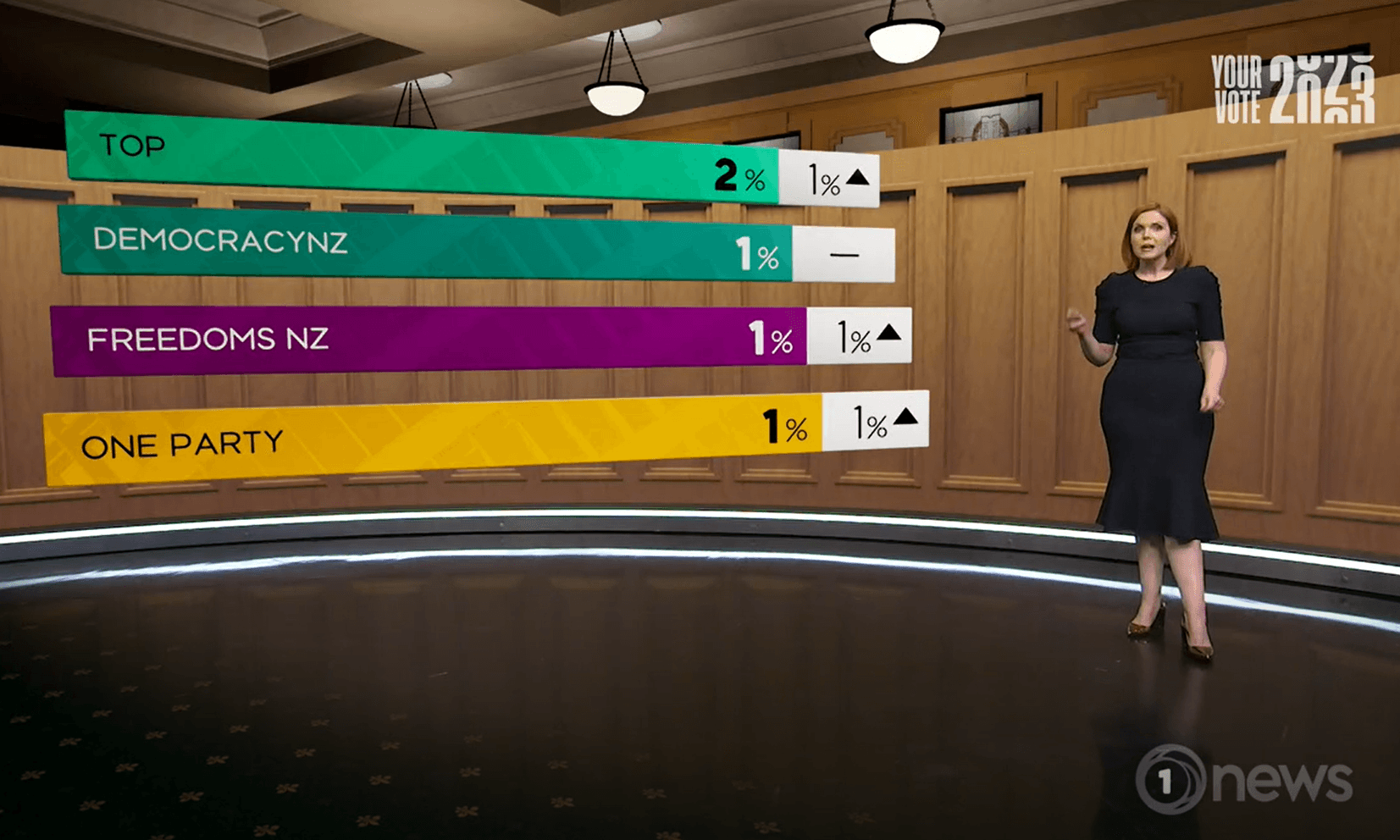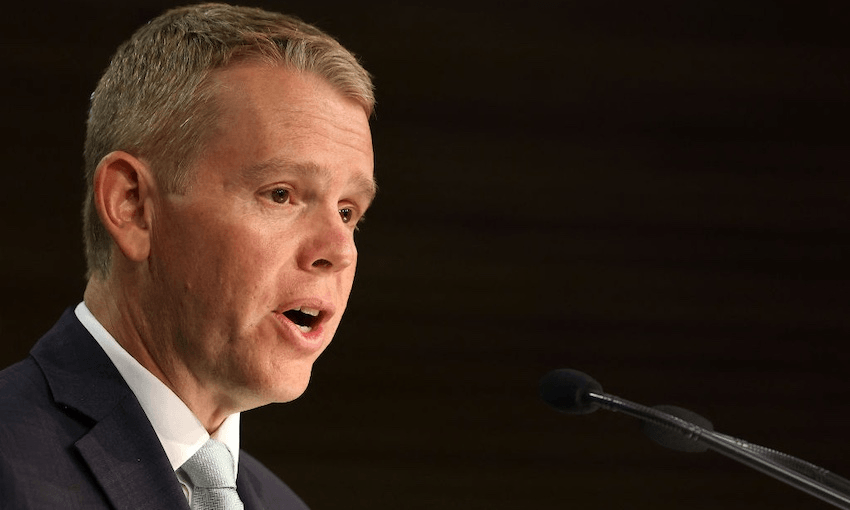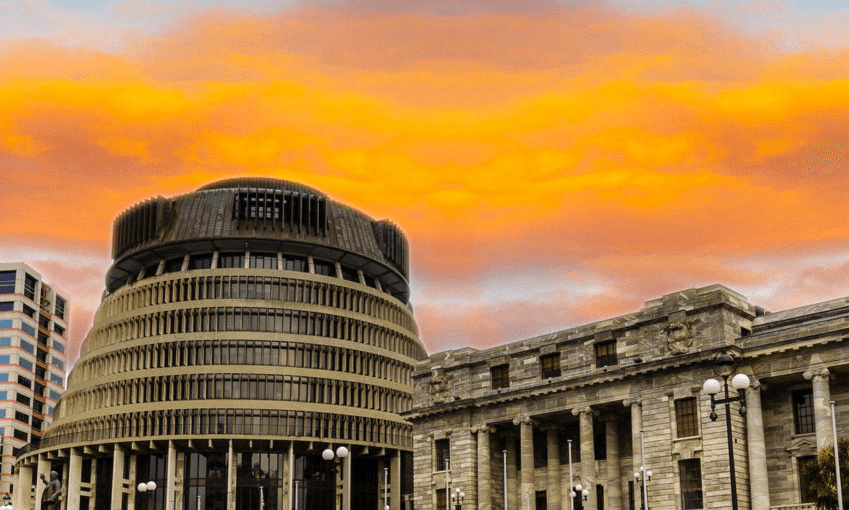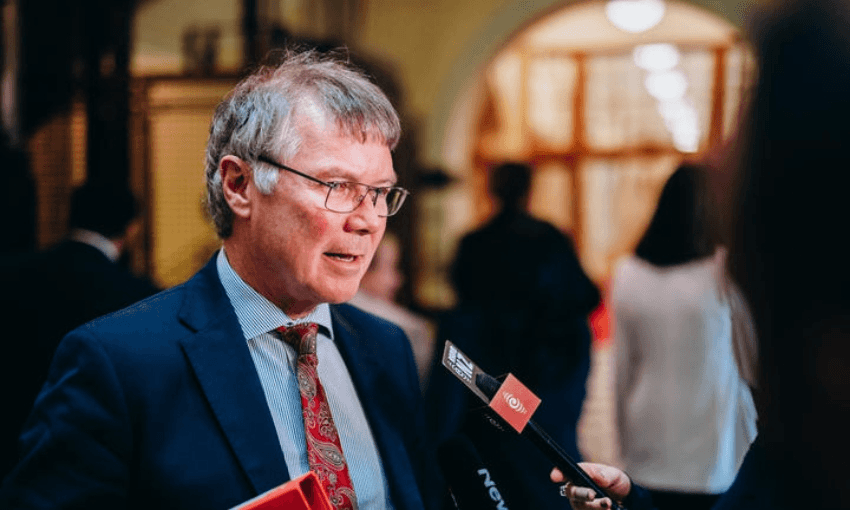Is there enough support on the fringe right, among the self-described “freedom movement” that most prominently manifested in the occupation of parliament grounds, to make it to parliament? This evening’s 1News Verian poll suggested there might be some momentum among the frequently warring, conspiracy-friendly parties, with Matt King’s DemocracyNZ holding 1%, the Freedoms NZ umbrella group led by Brian Tamaki and Sue Grey appearing on 1%, and the One Party (which hopes to be renamed the New Zeal Party) doing the same.
Dig into the detail, however, and three lots of 1% don’t make 3%, as a result of rounding. The component parties of Freedoms NZ total 0.8%, Democracy NZ is on 0.6% and the One Party on 0.5%. That’s 1.9% combined. There’s also the New Conservative Party, which registered 0.4%.
Then there’s NZ First. They’re hardly “fringe right”; they defy classification, perhaps. But according to a feature on Stuff over the weekend the party has been seeking to “ride a ‘freedom wave’ to parliament”. Winston Peters has lambasted the media for failing to cover his public meetings, saying, “it is clear the surge is coming whether they like it or not.” NZ First finished on 3.1% in this poll, a consistent showing from the last two in May (3.2%) and March (3.1%).
Read about the strange battle for the fringe right vote here.






